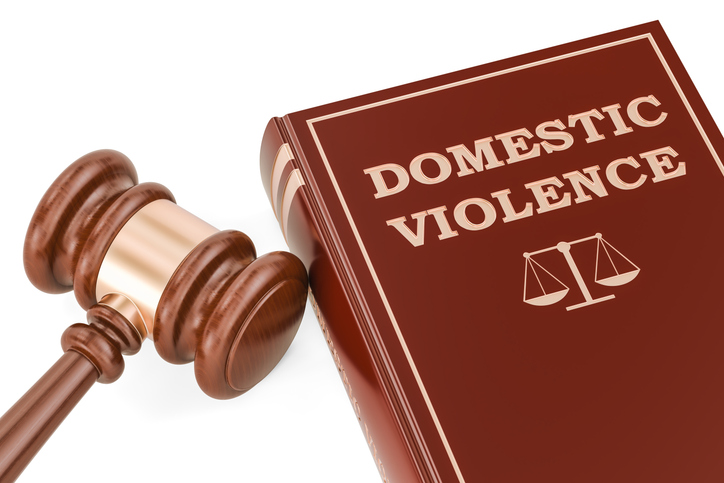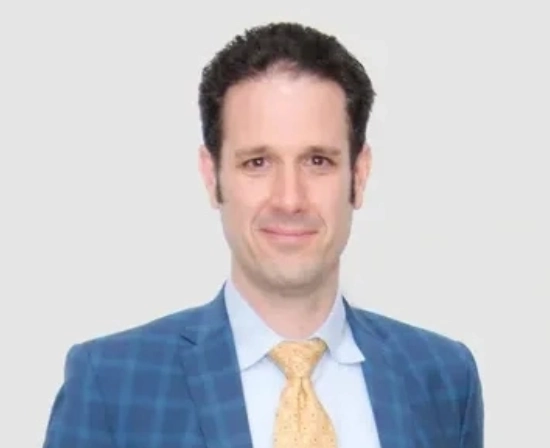Domestic violence affects people of all ages, backgrounds, and circumstances, often leaving survivors feeling trapped, isolated, and unsure of where to turn. For those living in Iowa, the law provides essential tools to help protect individuals and their families from further harm.
Understanding these legal protections can be the first step toward reclaiming safety and stability. Here, our Des Moines family law attorney at Feitelson Law Firm explains the key legal options available to survivors of domestic violence in Iowa.

Understanding Domestic Violence and Its Impact
Domestic violence includes a wide range of harmful behaviors, from physical abuse to emotional, financial, and psychological control. The effects can be devastating, not only for survivors but also for children and other family members who may witness or experience the abuse. Survivors often face challenges such as fear of retaliation, financial dependency, or concerns about losing custody of children if they seek help.
Recognizing these challenges, Iowa law provides specific legal protections designed to help survivors escape abusive situations while safeguarding their rights and well-being.
Protective Orders in Iowa
One of the most effective legal tools available to domestic violence survivors is a protective order, also known as a restraining order. This court-issued order can provide immediate safety by limiting or prohibiting contact between the abuser and the survivor.
Depending on the circumstances, protective orders may:
- Require the abuser to stay away from the survivor’s home, workplace, or school.
- Prohibit any form of communication, including phone calls, texts, or social media contact.
- Grant temporary custody of children to the survivor.
- Order the abuser to move out of a shared residence.
Protective orders can be obtained quickly, often beginning with an emergency or temporary order, followed by a hearing to determine whether a longer-term order should be put in place.
Legal Protections for Children
When children are involved, the court places significant emphasis on their safety. Survivors may request custody and visitation arrangements that prioritize the child’s protection. Courts can limit or supervise an abusive parent’s contact with children to reduce the risk of harm. In some cases, protective orders may also include provisions addressing child custody and support to help stabilize the family during a difficult transition.
Criminal and Civil Remedies
Beyond protective orders, survivors may also pursue criminal charges against their abuser. Acts of domestic violence can lead to charges such as assault, harassment, or stalking, which may carry severe penalties. In addition, survivors may have civil remedies available, such as seeking damages for medical bills, lost wages, or emotional distress caused by the abuse.
These legal measures work together to hold abusers accountable while providing survivors with the means to rebuild their lives.
The Role of a Family Law Attorney
Taking legal action against an abuser can feel overwhelming, but survivors do not have to go through the process alone. Our family law attorney can provide crucial guidance by explaining legal options, filing protective orders, representing survivors in court, and advocating for their rights in custody and support matters.
At Feitelson Law Firm, our Des Moines family law attorney is committed to helping domestic violence survivors secure the protections they need. We approach each case with compassion, discretion, and determination, ensuring that survivors have the tools and support necessary to take back control of their lives.
Contact us today to schedule a confidential consultation to discuss your unique circumstances so you can move forward with confidence.





